Learn from Chuck Feeney, who quietly donated his $8 billion fortune to charity everywhere, including more than $380 million to Vietnam...
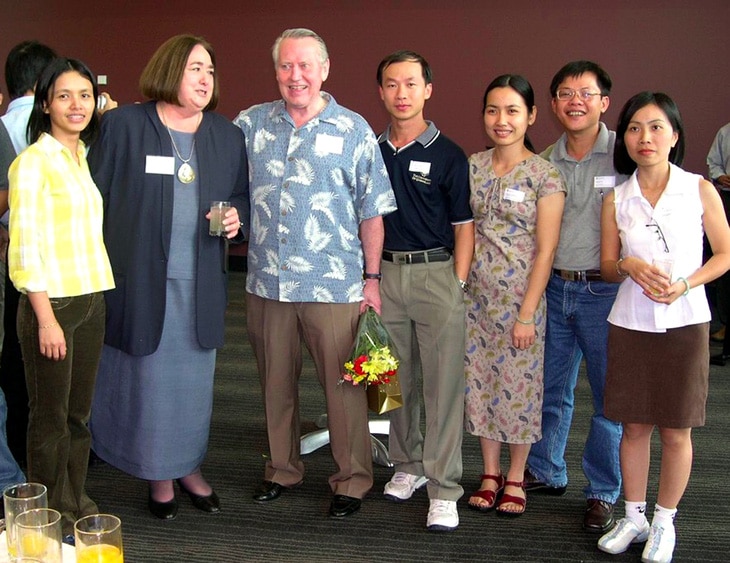
Chuck Feeney (third from left) with a group of Vietnamese students at the University of Queensland in 2004 - File photo
Writing about Chuck Feeney , who quietly donated $8 billion to charity around the world, including more than $380 million to Vietnam, has been a moral obligation that has been burning in my heart for the past 24 years. But it wasn’t until I heard of his death at the age of 92 that I could sit down and write a few lines.
Near the end of 1999, our English class for the scholarship group had an unexpected guest. He came into the class, wearing an old shirt and a deep American accent, and asked each member of the class about their plans to study in Australia.
Whenever anyone asked him what he was studying, he would immediately respond with some enthusiastic comments about the importance of that field for the future of Vietnam. We had no idea who he was, except that he came from a scholarship program.
Give everything while living
Two weeks after our arrival at the University of Queensland, the university hosted a dinner at the Vietnamese restaurant Green Papaya. Upon entering, we found the entire top leadership of the University of Queensland, including the chancellor, John Hay, waiting for us.
Everyone was dressed very formally, except for the person sitting in the middle, the shabby, shabby old man we had met in Saigon. That was the first time we knew he was the one who paid for our education! But it was only later that we learned that he was one of the richest men in the world and the author of an unprecedented "charitable revolution" in the world.
That's Chuck Feeney. He lives in a small apartment in San Francisco, wears cheap clothes, wears a ten-dollar watch, travels mainly by public transport, never flies business class. But he leaves a little of his $8 billion fortune to his children, and the rest goes to the charity Atlantic Philanthropries (AP), which he founded on the philosophy: give everything you have while you're still alive.
Feeney said the shroud had no pockets, so it was best to use it all, as long as it made sense, while you were still alive. It was "much better" to use it that way, he said, because you were still alive to see with your own eyes the effects it would have on humanity today and tomorrow.
He went to places, met with insiders, and used his entrepreneurial sense of opportunity to find out where and what AP needed to touch. In the places he chose to visit, he did not do small things but poured money into large projects to create deep and widespread changes.
A Silent Chuck Feeney
Starting from Ireland (his native country) to the United States (where he was born, raised and became successful with the luxury goods group Duty Free Shoppers) and many other places, Feeney built modern universities and research facilities, improved or renewed health systems, increased the survival and development capacity of communities...
He did everything in silence, and no one who met him without being introduced would know who he was. He was so secretive that when he was forced to go public in 1997, the world was shocked and many people questioned his charitable motives.
That year, he was one of five finalists for Time magazine's Person of the Year, along with Princess Diana, scientist Ian Wilmut (who cloned Dolly the sheep), technologist Andrew Grove (chairman and CEO of Intel) and Federal Reserve Chairman Alan Greenspan.
Imprint in Vietnam
Feeney’s footprint in Vietnam is wide and deep. Many people in Ho Chi Minh City and Hanoi must have passed by the magnificent facilities of RMIT (the first international university in our country), but few know that it was one of the first things Feeney did after arriving in Vietnam for the first time in 1998. In a video interview decades later, he still beamed when talking about the 5,000-person learning buildings rising from the green fields.
For him, universities are the foundation of the economy and the place where people who know how to help each other in society are born. Besides RMIT, he transformed old university libraries in Thai Nguyen, Hue, Da Nang and Can Tho into the largest, most convenient and up-to-date learning resource centers in the country.
He set up a scholarship program, selected and sent several hundred people to study for a master's degree or to work in Australia (I was one of the first 15 students to receive a master's scholarship). Most of them have now achieved outstanding success at home and abroad, contributing significantly directly or indirectly to the education and economy of Vietnam.
After education came health care. Witnessing the overcrowding and outdated facilities in hospitals, Feeney funded many projects to repair or build new ones, and to improve equipment. He helped set up a network of more than 800 commune health stations in eight provinces, providing basic health care to rural communities and thereby helping to relieve the burden on urban hospitals.
It was also in hospitals that Feeney realized the huge number of people injured and killed in traffic accidents. He sponsored a series of initiatives that laid the foundation for the introduction of the mandatory helmet law in 2007. He also organized a large-scale campaign to reduce the harmful effects of tobacco nationwide.
Development model
In total, during the period 1998 - 2013, Feeney, through AP and organizations such as East Meets West, donated nearly 382 million dollars to Vietnam. But what he left behind was not only schools, hospitals, learning centers, medical stations... but also the development model that the projects he sponsored brought to Vietnam. The cardiovascular center sponsored by AP to build at Hue Hospital in the 2000s is considered the first complete cardiovascular center model in Vietnam.Dream
On a global scale, Feeney's greatest intangible legacy for today and tomorrow is his philosophy of "Giving While Living." It has spread from him to many other billionaires, including Bill Gates and Warren Buffett.
As for me, since the last time I met him in 2005, I have always cherished the dream of meeting him again, to say a simple thank you from the bottom of my heart. That dream is now closed. But the feeling of elation, the warmth of human affection that spread from the four times I met him in the early 2000s is still as fresh as yesterday.
Every day, it still reminds me to live up to his example as much as possible. It also makes me often dream of the day when newly-emerged millionaires and billionaires in Vietnam will quietly follow his example to contribute to changing the lives of many people.
Tuoitre.vn






![[Photo] Prime Minister Pham Minh Chinh chairs the first meeting of the Central Steering Committee on housing policy and real estate market](https://vphoto.vietnam.vn/thumb/1200x675/vietnam/resource/IMAGE/2025/9/22/c0f42b88c6284975b4bcfcf5b17656e7)

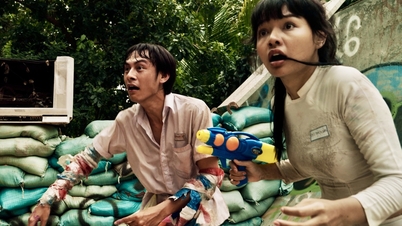

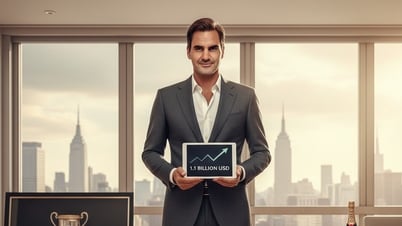


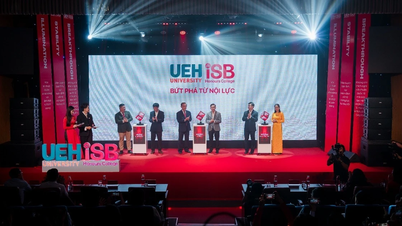

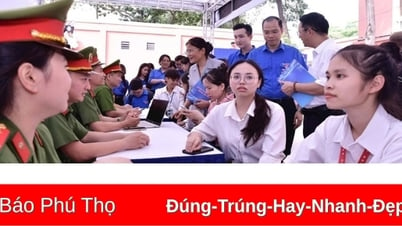





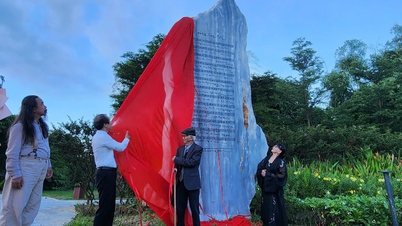


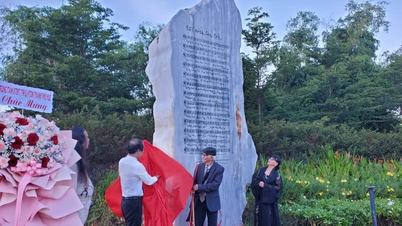





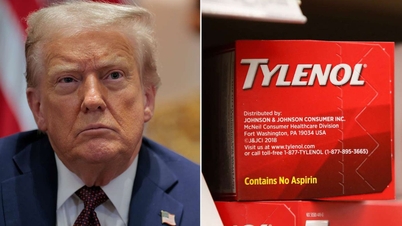


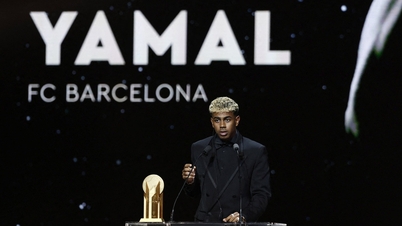
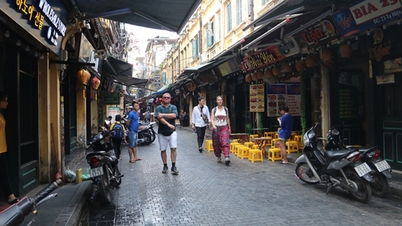
![[Photo] General Secretary To Lam presents the First Class Labor Medal to the Vietnam National Energy and Industry Group](https://vphoto.vietnam.vn/thumb/1200x675/vietnam/resource/IMAGE/2025/9/21/0ad2d50e1c274a55a3736500c5f262e5)




























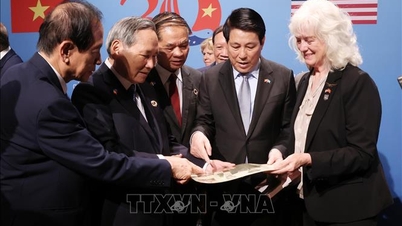



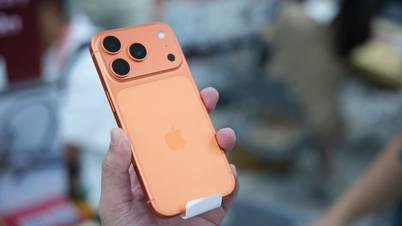

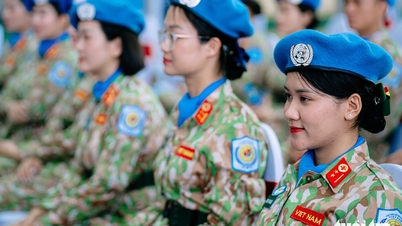




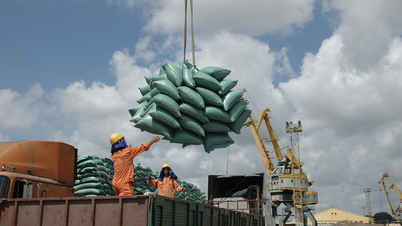








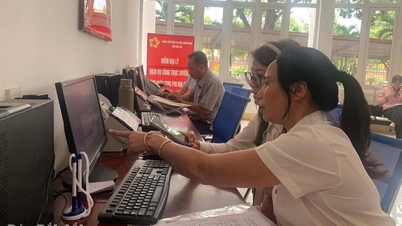















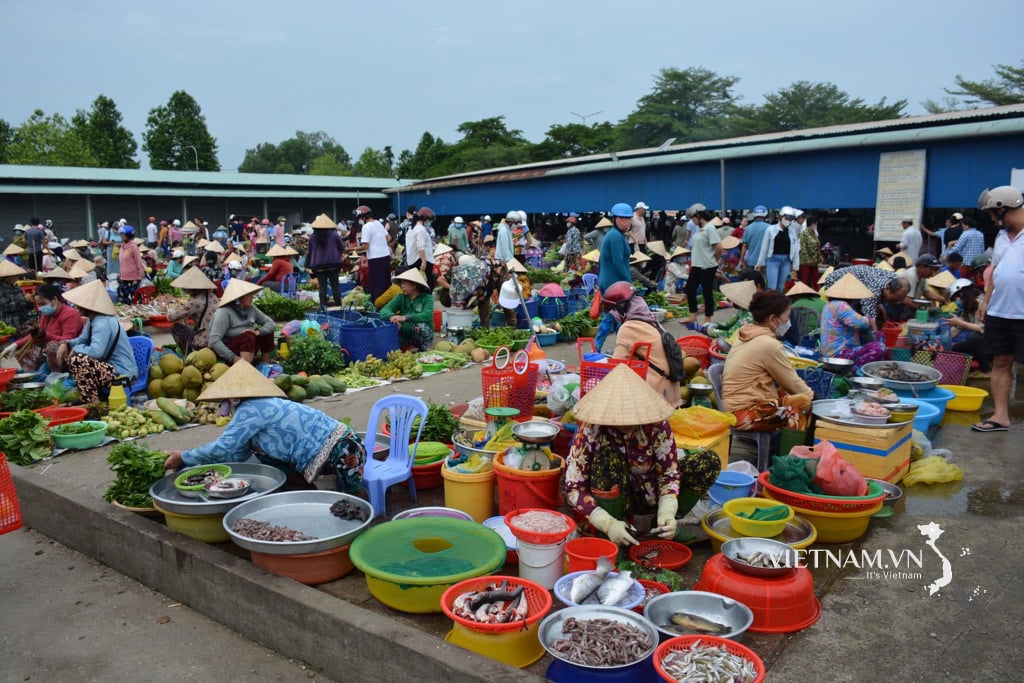
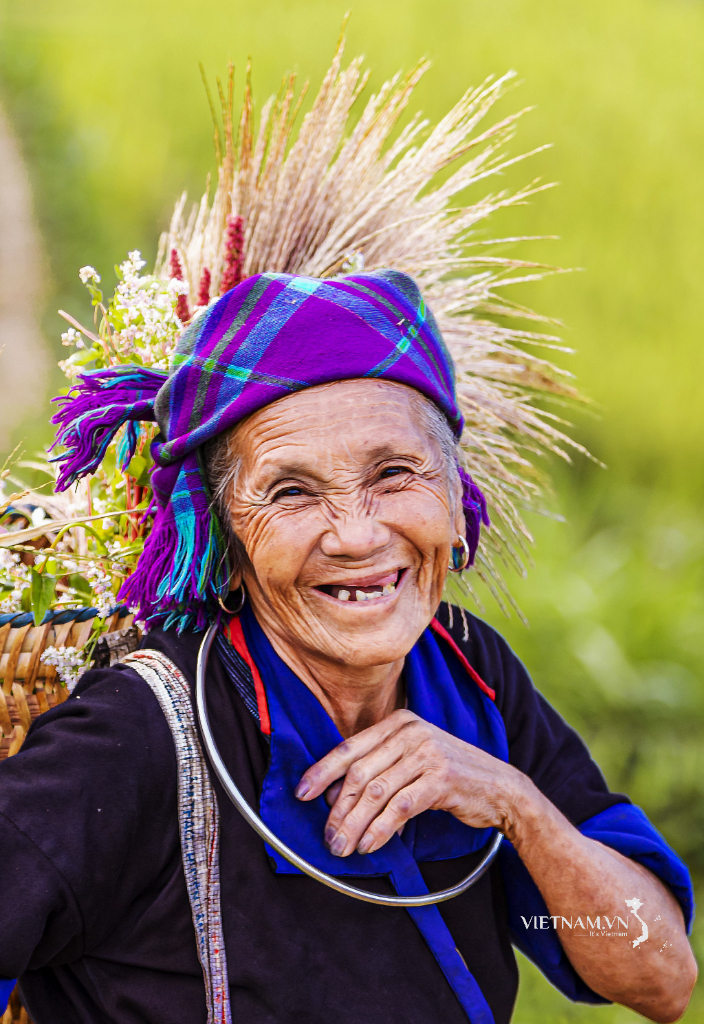

Comment (0)